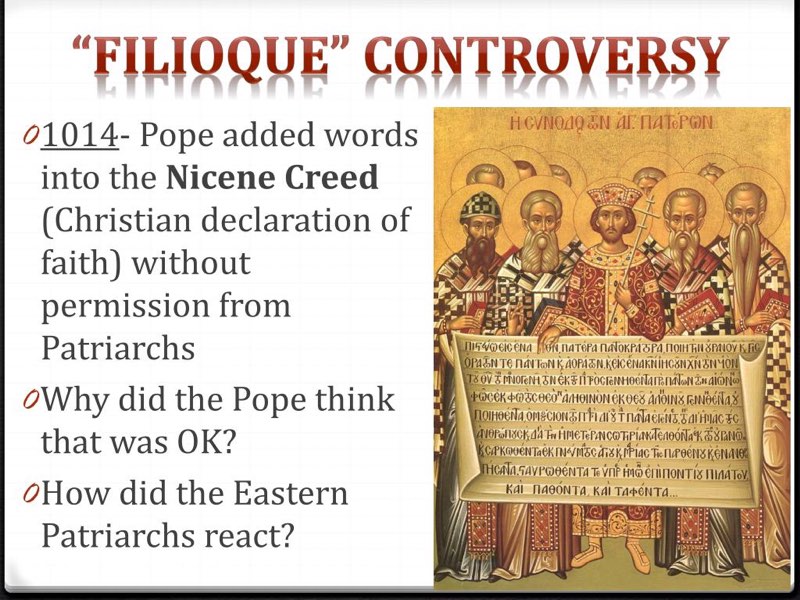The Council of Nicaea viewed through the lens of Christian theology
The Council of Nicaea was a historic ecumenical council of Christian bishops convened by the Roman Emperor Constantine I in the city of Nicaea (present-day Iznik, Turkey) in AD 325. The main objective of the council was to examine the contentious issue of Arianism, a theological disagreement regarding the essence of the connection between God the Father and Jesus Christ.
At the Council of Nicaea, the Nicene Creed was formulated, which affirmed the divinity of Jesus Christ and his equality with God the Father. The council also established the date for the celebration of Easter and dealt with other theological and administrative matters.
The Council of Nicaea is considered a significant event in the history of Christianity, as it helped to establish key doctrines and beliefs that have shaped the faith of millions of Christians around the world.
Did Arianism preserve the true teaching of Christ?
Arianism was a theological belief system that emerged in the 4th century AD, which denied the full divinity of Jesus Christ. According to Arianism, Jesus was seen as a created being, distinct from God the Father, and not fully divine.
The majority of Christian theologians and historians consider Arianism to be a heresy, as it deviates from the orthodox understanding of Christ's divinity. The early Christian church, through ecumenical councils like the Council of Nicaea in 325 AD, affirmed the belief in the full divinity of Jesus as consubstantial (of the same substance) with the Father.
While Arianism had some influential followers and gained popularity in certain regions during the 4th century, it ultimately did not preserve the true teaching of Christ as understood by the majority of Christians. The orthodox belief, as affirmed by the ecumenical councils and the Nicene Creed, holds that Jesus Christ is fully God and fully human.
How did Arius prove that Jesus was a created being?
Arius, a Christian presbyter from the 4th century, argued that Jesus was a created being rather than being co eternal and co equal with God the Father. He based his argument on biblical passages and theological reasoning. Arius believed that if Jesus were truly God, then there would be no distinction between the Father and the Son, and therefore no hierarchy within the Trinity.
Arius also drew upon philosophical concepts, such as the idea that God is immutable and cannot change. He argued that if Jesus were truly God, then God would have changed from being without a Son to having a Son, which Arius considered a contradiction.
It's important to note that Arius' views were controversial and were ultimately rejected by the mainstream Christian church. The Council of Nicaea in 325 AD condemned Arianism and affirmed the orthodox belief in the divinity and co eternity of Jesus with God the Father. Some of his main arguments were:
He appealed to Proverbs 8:22 - 31, where Wisdom says, "The Lord created me at the beginning of his work, the first of his acts of long ago." He identified Wisdom with the Son of God and claimed that this passage showed that the Son had a beginning and was not eternal.
He cited Colossians 1:15, where Christ is called "the firstborn of all creation." He understood this to mean that Christ was the first creature that God made, and that he was distinct from God in nature and essence.
He used John 14:28, where Jesus says, "The Father is greater than I." He argued that this implied that the Father and the Son were not equal in power and glory, and that the Son was subordinate to the Father in rank and authority.
He reasoned that since God is by definition indivisible, immutable, and incomprehensible, he cannot have a Son who shares his essence and attributes. He claimed that only the Father is truly God, and that the Son is a lesser being who was created by the Father's will and grace.


